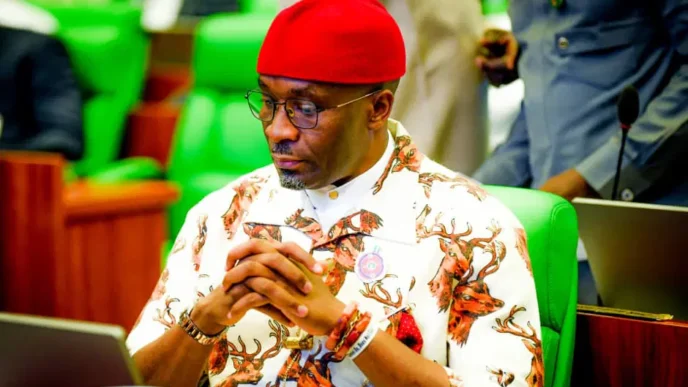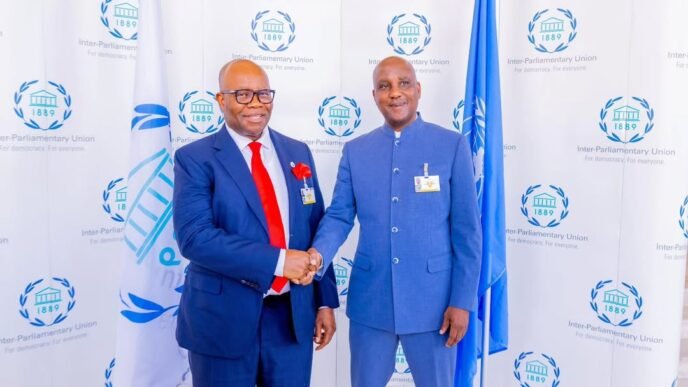HB 2059
A BILL FOR AN ACT TO ALTER THE CONSTITUTION OF THE FEDERAL REPUBLIC OF NIGERIA, CAP C23 LAWS OF THE FEDERATION OF NIGERIA 2004 TO INCLUDE CITIZENSHIP BY INVESTMENT AS ONE OF THE CLASSES OF CITIZENSHIP IN NIGERIA; TO PROVIDE FOR THE ACQUISITION OF NIGERIAN CITIZENSHIP BY QUALIFIED FOREIGN INVESTORS WHO MEET SPECIFIED INVESTMENT THRESHOLDS, AND FOR RELATED MATTERS. Bill sponsor Hon. Benjamin Okezie Kalu and six others, bill progress at committee stage.
This Bill seeks to alter section 28 of the Constitution to introduce a new class of
citizenship known as Citizenship by Investment. The proposed alteration aims to attract foreign direct investment by granting Nigerian citizenship to individuals who invest in the Nigerian economy above a specified financial threshold or in strategic sectors critical to national development. In a significant development, Nigeria’s House of Representatives has introduced a bill, HB: 2059, aimed at amending Section 28 of the Nigerian Constitution to establish a new category of citizenship: “Citizenship by Investment” (CBI). The proposed legislation is designed to attract foreign direct investment (FDI) by offering Nigerian citizenship to foreign investors who meet certain financial criteria or invest in key sectors deemed vital for national development. The core objective of this initiative is to bring substantial foreign capital into Nigeria, stimulating economic growth, creating employment opportunities, and financing essential infrastructure projects. By encouraging investments in targeted sectors, the bill aims to diversify the economy and reduce dependency on traditional industries. Additionally, it is expected to generate direct revenue for the government through application fees and investment requirements. However, the introduction of CBI programs typically comes with wider social and political implications. If successful, Nigeria could see an increase in naturalized citizens, potentially affecting demographic trends. There are also concerns about security, as robust due diligence processes will be essential to screen applicants and prevent individuals with questionable backgrounds from acquiring citizenship. Critics of CBI programs often voice apprehensions regarding fairness, suggesting that creating a tiered system of citizenship based on wealth could foster inequality among citizens. From a legal perspective, amending the Nigerian Constitution requires adherence to specific procedures, including a supermajority vote in the National Assembly and presidential approval. The bill must also clearly define what constitutes a “qualified foreign investor” and establish the specific financial thresholds and strategic sectors for investment. Implementing a thorough due diligence framework is essential to mitigate risks and safeguard national security. The introduction of this new citizenship class raises questions about its integration with existing laws governing citizenship by birth, descent, and naturalization. As the debate unfolds, HB: 2059 represents a pivotal shift in Nigeria’s approach to citizenship and investment, presenting an opportunity for economic advancement while also necessitating careful consideration of its broader implications on society and national integrity.


Screenshot
Add a comment









